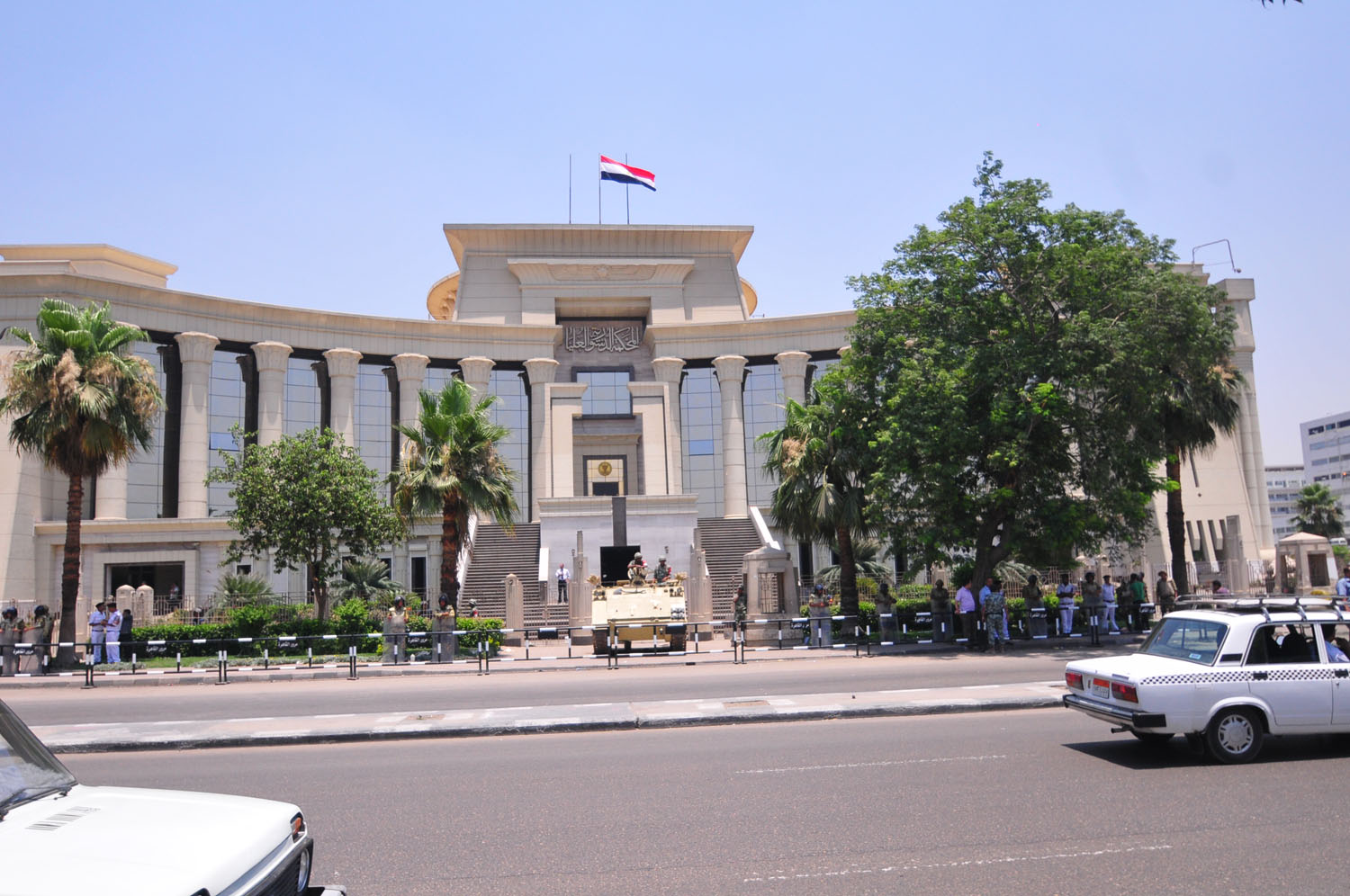Kuwait has recalled its ambassador to Tehran Tuesday, a day after Bahrain and Sudan announced severing diplomatic ties with Iran in solidarity with Saudi Arabia amid tension between Tehran and Riyadh after the latter executed a prominent Shi’a figure Sheikh Nimr Al-Nimr.
A Kuwaiti Foreign Ministry official said the ministry had recalled its ambassador on Tuesday morning in wake of the attacks on Saudi diplomatic buildings. On Tuesday, the UN Security Council condemned the attacks on the Saudi diplomatic buildings in Iran.
The council expressed its “concerns regarding violations” in a statement, urging Tehran to “protect diplomatic and consular buildings”. The statement also urged both sides to resolve the issue diplomatically.
Saudi Arabian ambassador to the UN Abdullah Al-Moa’alamy called on the Security Council to condemn Iranian violations.
From its side, Iran has expressed its sorrow over the attacks on the Saudi diplomatic buildings and vowed not to allow a similar attack in the future.
Abdullah Al-Moa’alamy said that tensions between Saudi Arabia and Iran would not affect peace efforts in Syria and Yemen and that Riyadh would not boycott the Geneva talks to discuss Syria on 25 January.
According to Al-Moa’alamy, Iran did not support peace negotiations in Syria. “Iranians, even before severing ties, were not supporters of the peace efforts in Syria. I do not think severing ties would affect them,” he said.
Iranian President Hassan Rouhani said Tuesday that Saudi Arabia could not cover its “crime” of Al-Nimr’s execution by severing diplomatic ties and warned that the tension could have an impact on the war against terrorism.
During his meeting with the Danish Foreign Minister, Rouhani said he preferred a diplomatic solution. Iran on the other hand is distancing itself from the attacks on the Saudi embassy.
Spokesperson of the Iranian government Mohammad Baqer Nubakht told a local media agency that those who attacked the embassies were “suspicious and serve the Saudi interests”.
“Only a handful of people were responsible for it and we do not know how they are,” Nubakht said.
The Arab League announced Monday that an urgent meeting would be held Sunday on the Foreign Ministers of both countries at the request of Saudi Arabia to discuss Iranian interference in the Saudi Arabia’s internal affairs.
Deputy secretary general of the Arab League Ahmed Bin Helly said he had received an official memo from the Saudi permanent delegation to the Arab League asking for an urgent meeting to condemn Iranian violations against its diplomatic mission in Tehran, reported the Egyptian official news agency MENA.
Director of the Institute of Arab Research and Studies Ahmad Youssef Ahmad expects the Arab League will only condemn the attacks on the Saudi diplomatic mission without commenting on the execution of Al-Nimr itself.
“Some countries such as Iraq, Lebanon, and maybe Algeria will have reservations of course. Those reservations may result in a carefully-worded statement,” Ahmad told Daily News Egypt. He also expects the Arab League’s statement would closely mirror the UN statement and would only condemn the attacks on the embassy as per relevant international laws.
Al-Moa’alamy said re-establishing ties with Tehran could happen if Iran “stops interfering with Arab countries’ internal affairs”.
The Gulf Cooperation Council (GCC) announced Tuesday that an urgent meeting would be held in Riyadh to discuss developments between Saudi Arabia and Iran.
The Egyptian Ministry of Foreign Affairs said the Saudi decision to sever ties with Tehran was within Saudi sovereignty and in line with their interests, pointing out that Cairo severed its ties with Iran 27 years ago.
In a joint press conference with his Saudi counterpart Adel Al-Jubair Monday, Shoukry said the Iranian interference in Saudi internal affairs was unacceptable. “The security of Saudi Arabia is part and parcel of Egypt’s security,” Shoukry said.
Russia offered to have the UN Security Council involved to ensure stability in the Gulf region, an anonymous source in the Russian Foreign Ministry told the Russian official media agency TASS on Monday.
“We have said before that the concept of collective security in the Gulf region needs revision, bearing in mind that the two largest countries in the region are Saudi Arabia and Iran,” the source said. The permanent members of the UN Security Council could come to an agreement on collective measures to maintain stability and security in the region.
Other countries raised concerns about the Iranian-Saudi tensions and urged both sides to find a diplomatic solution and deescalate tensions. China expressed its concerns Monday regarding a regional conflict after Saudi Arabic decided to sever diplomatic ties with Iran.
Germany urged both sides Monday to improve diplomatic relations. The spokesperson of the German Foreign Ministry Martin Schaefer said Berlin would not be willing to impose any sanctions on Saudi Arabia because of the executions.
The US encouraged diplomatic communication between Saudi Arabia and Iran to ease the mounting tension. Turkey also has urged both sides to consider diplomatic channels to resolve the issue.
Saudi Arabia and Iran are widely reported to be supporting different factions in the conflict in Syria and Yemen. While Saudi Arabia supports Yemeni President Hadi Mansour, Iran supports the Houthis, who have seized large areas in Yemen including the capital Sanaa.
In Syria, Iran supports the regime of Syrian President Bashar Al-Assad while Riyadh supports what it calls the “moderate opposition”.


